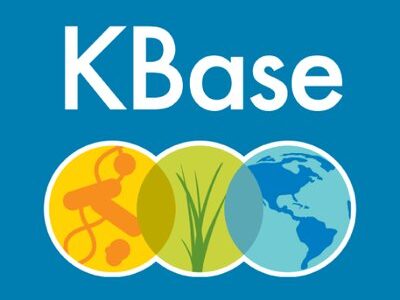Generating and analyzing data associated with scientific research can be challenging and complicated, to say the least. But the importance of sharing and giving credit to those who produced the data is foundational to furthering the impact of the work. Department of Energy (DOE) Systems Biology Knowledgebase (KBase) team members and their collaborators recently published an article in PLOS Computational Biology that outlines ten simple rules for getting and giving credit for data.

“This publication is the preamble to a lot of work we are doing in KBase to support, track, and report the impact of data shared using our platform,” said Elisha Wood-Charlson, the lead author and KBase User Engagement Lead.
“We are working to demonstrate that sharing data is as important and can have as much impact as a science article. Which is probably why ‘Rule 9: Praise FAIR, comparable, and reproducible data’ is my favorite. Anyone that has tried to use someone else’s data will appreciate how challenging it is, if that data hasn’t been treated as a first-class science product.”




